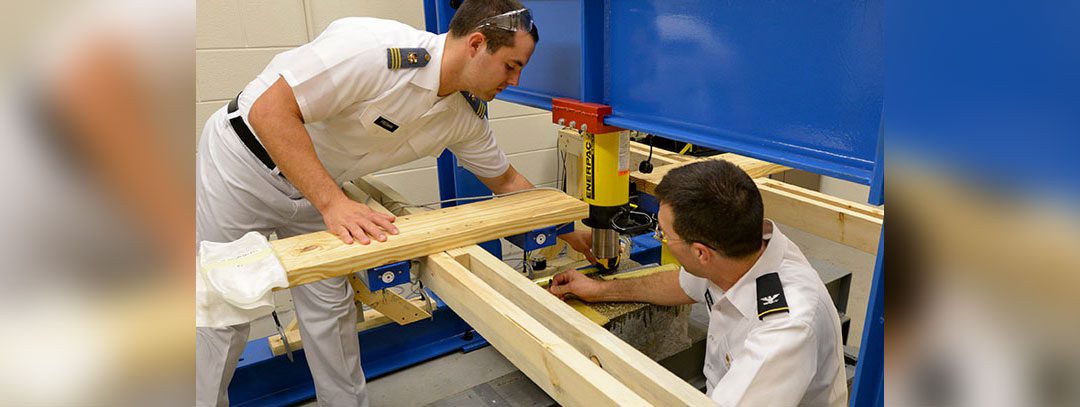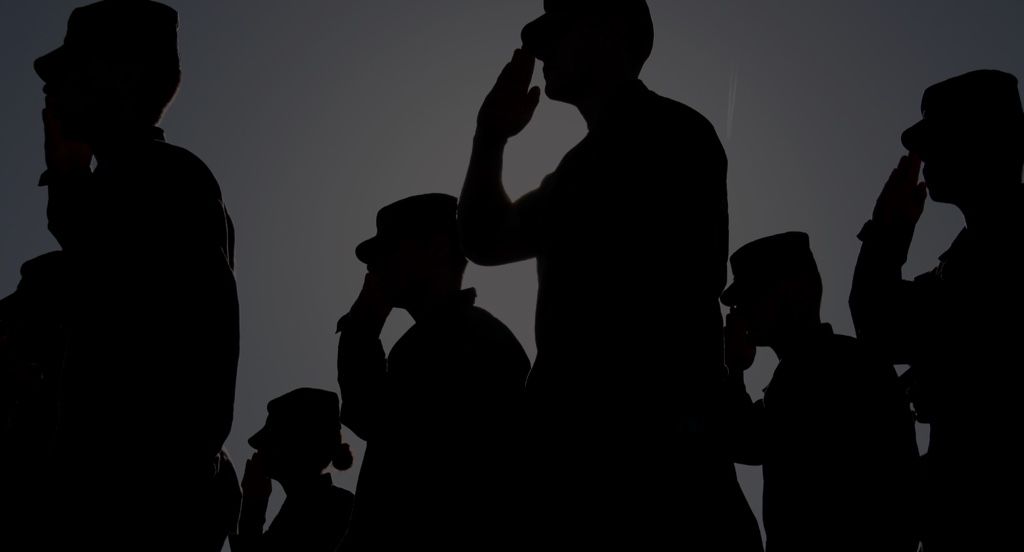The Jackson-Hope Fund: 12 Years After its Inception, “Nothing is More Indicative of the VMI Spirit”


In 2001, at the time of the VMI capital campaign, Reveille: A Call to Excel, a group of VMI alumni, all of whom had served on the board of visitors or as trustees of the VMI Foundation, created at VMI one of the nation’s most innovative and entrepreneurial approaches to raising capital for higher education by establishing the Jackson-Hope Fund. Since the creation in 1876 of the Jackson-Hope Medal, the highest academic award at VMI, the name Jackson-Hope has been synonymous with academic excellence. The express purpose of this fund was to ensure that VMI could academically compete at the highest levels of excellence on the national stage and, more particularly, that our faculty and cadets could be intellectually and creatively challenged through the fund which would provide the sizable monies needed to encourage and support new ideas, new directions and new methods. It was both ambitious and daring in its clear pursuit of intellectual achievement at the Institute. Nothing is more indicative of the “Spirit of VMI” and the VMI sense of responsibility than the formative role the overseers of the Jackson-Hope Fund played in this unique way of supporting VMI.
Many people underestimate the need for capital or the basic expense of putting together at VMI the faculty, equipment, real estate, travel and maintenance costs of insuring that our cadets receive the best education possible, while maintaining already high VMI standards. When raising capital in a campaign, there is always a basic tension which exists. Donors like to restrict how their gifts are used, and the Institute and all colleges hope for unrestricted capital to give the administration the flexibility to respond to new needs, such as a new professorship or new department or laboratory equipment or travel to important academic gatherings at which cadets can compete with other students from premiere institutions. The genius of the Jackson-Hope Fund was that this group of alumni was willing to make substantial gifts to the Institute within the context of the Jackson-Hope Fund, ceding governance to the VMI Foundation, the superintendent and dean, and the board of overseers. The funds were specifically to be used to promote academic excellence but across a wide variety of needs and programs under the auspices of the dean. There was the opportunity for academic departments and professors to compete with their best ideas for the necessary funding. It has proven out over time that this responsiveness to our faculty’s needs, the sense of flexibility and the competitive spirit have enhanced academic programs right across the board. One example has been the underwriting of the outstanding Undergraduate Research Program. In total, over $17 million has been committed since 2002 to enhance academic excellence.
All good ideas improve and mature when developed by a number of talented and committed people. While a group of alumni contributed to this project, two leaders stand out as more equal than others. The Jackson-Hope Fund would never have been created without the imagination, drive, commitment and leadership of George Phillips ’60, then serving as the Reveille Campaign chairman. Nor could George have succeeded without the counsel and guidance of Bruce Gottwald ’54. Bruce brought wisdom to the organizational structure and purpose of Jackson-Hope. But others contributed importantly, as well. Backing up these two giants were other alumni, none of whom are wallflowers and all of whom have served VMI in many ways: Tommy Saunders ’58, Charlie Luck ’55 and, Sam Witt ’57. I (Don Wilkinson ’61) played a small role. All worked collegially to make certain that a structure and a process were adopted that would make this endeavor a lasting success. Twelve years later and with many achievements along the way, it is clear that the fund was well conceived and well executed.
None of this would have been possible if the former superintendent, Gen. Si Bunting ’63, or the dean, Gen. Casey Brower, had not become champions of the project at that time. They quickly took up the concept and made it a reality, when funds finally were available, by doing a herculean job of working with the faculty to have them accept the new opportunity and creating processes by which the competition for funds would take place. The current superintendent, Gen. Binford Peay ’62 and the dean, Gen. Wane Schneiter, have not just carried on the program but have shaped the fund with their own talents, improving the strategic planning and the budgeting process through which capital is matched to an exciting array of academic opportunities, stretching over the next three to four years.
There is another defining characteristic of the Jackson-Hope Fund that should be mentioned, for it has parallels to the private sector. In addition to the fact that the capital allocation process rewards the best ideas that rise to the top, there is a tracking process measuring whether or not the allocated funds have achieved their goals. All of this was designed to give every incentive to the dean and faculty to show creativity and accomplishment. We wanted everyone to stretch intellectually and pragmatically, while carefully shepherding the capital.
The lesson from this effort is that at VMI, our alumni, when called upon, respond not just with generosity but with a history of responsible involvement. They ask what they can do to most favorably help the Institute. It has been my good fortune over the course of two capital campaigns to see this generosity in many ways. I am confident that alumni and friends of VMI take great pride in what we have achieved in our glorious past. I am equally confident that we are prepared to be part of what Gen. Peay describes as our “brilliant future,” with contributions to VMI that rival and exceed the impact of the Jackson-Hope Fund.

Support academic innovation and enhance the cadet experience with a gift to the Jackson-Hope Fund.
Give Today